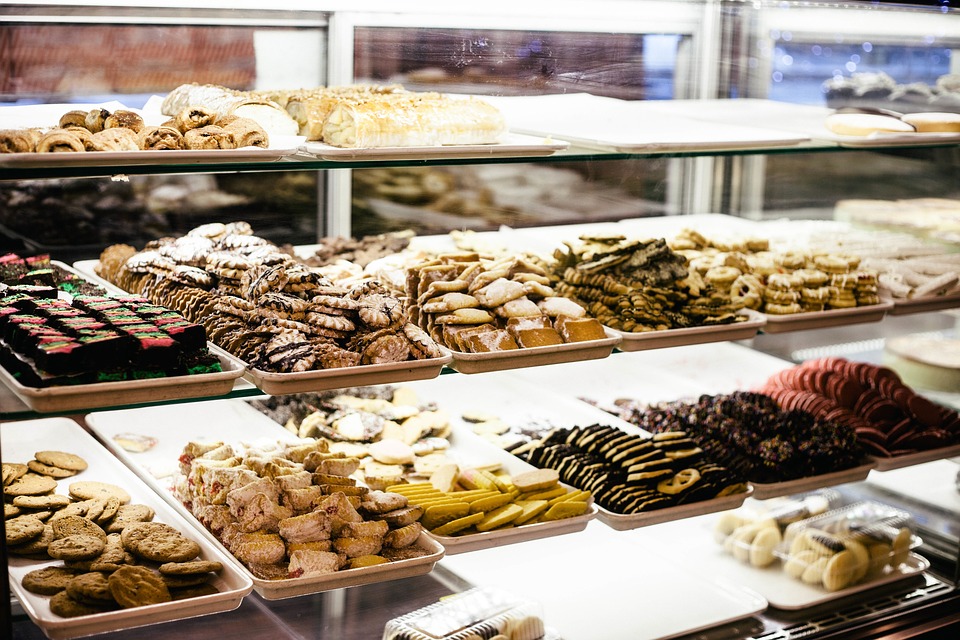One of the things you might have noticed is that despite the volatility of the global market, the food industry somehow seems to always be on the rise. This is why those willing to start a business of their own, might consider it to be a great industry. However, the fact that this particular niche is on the rise also means that the competition is quite tough, as well. Therefore, in order to stand any chance at being competitive, you need to lay solid foundations to your business and its infrastructure. With this in mind, here are four steps that will ensure your food business has a good start.
Start with the research
In most cases, you will start your food business as a single venue. Of course, there are always those who start as a chain, even though these are much more isolated cases. If you plan to open a single venue, the first thing you should focus on is choosing the most suitable location. Luckily, this is something you can figure out with Yelp. Simply look around and see if there are other, similar, food businesses in the vicinity. If there is some competition in the area, you need to ask yourself if there is a way to gain a competitive edge right at the start. Can your prices go lower? Can your business promotion be more efficient? Can you make a special offer they won’t be able to match?
Deal with your finances
Another thing you need to think about long before you actually start a business is that of your finances. Most commonly, people in similar situation apply for a loan but there are other alternatives as well. You might be willing to partner up with someone, sell an asset or even ask for a personal loan from a friend or family. Each of the above-discussed methods has its advantages and downsides. For instance, your credit rating may not be adequate to the amount you may want to borrow; your friends and family may not have this kind of money while selling equity in your company might be a much worse deal in the long-run. At the end of the day, you need to choose the method you are the most comfortable with.
Find your mentors
The next thing you should keep in mind is that running a food business requires you to be good at two things – food and business. Unless you are a professional chef or someone with a lot of experience in this field, you might want to look for a mentor. It goes without saying that a lot of people won’t be comfortable training their future competitor, which is why you should either mask your intentions or find someone who won’t be your direct competitor later on. Same goes for business and you could schedule a few interviews with local business owners in order to see just what lies ahead.
Purchase adequate equipment
Earlier on, we mentioned that finding enough money to start a business might be incredibly difficult. This is why a lot of people decide to reduce their costs by purchasing B-grade equipment instead. In the food business, however, this can have devastating effects. Not only will this reduce the quality of your product but also make your business work much slower, which can lose you a fortune during a rush hour. Furthermore, when working with food, your sanitary conditions must be flawless and your heat exchangers need to be high-end. Otherwise, you risk much, much more.
While the number of local food venues alone may create an impression that starting a food business is not a big deal, by taking a look at their average success rates, you will see that it isn’t all sunshine and roses either. What you need in order to succeed are three things: a great business plan, industry-specific skills and a high set of standards you won’t be willing to back out on.




